Relationships can sometimes be really hard work, but if you are with the right person then all the hiccups and challenges are worth it in the end. The fact is, everyone, wants to have a perfect relationship, but what people don’t understand is that you need to put in a lot of effort to have one. Nothing worthwhile comes easy and if you do not nurture your relationship every day, it won’t last very long.
It’s time to start creating a loving and thriving relationship.
In order to have a healthy relationship full of love and connection, a couple needs to have a good energy flow and synergy.
As a therapist and life transition coach, I’ve worked with many couples struggling with relationship problems and issues.
And, most often, the issues revolve around specific traits like ineffective communication, mistrust, the need for power and control, and the need to be right.
Related: The Main Traits Of A Loving, Long Lasting Relationship
The following 5 C’s of a relationship — chemistry, common goals, commitment, communication, and consensus — are vital in cultivating a loving and thriving relationship.
“Love is when you meet someone who tells you something new about yourself.” — Andre Breton
Each of these C’s is important and each will enhance the other C’s. They seek to enhance connection, cooperation, and effective problem-solving.
They each offer opportunities to improve the level of respect and trust as well as boost the feeling of being valued, understood, and supported in healthy relationships.
Here Are The 5 C’s Of An Unbreakable Relationship
1. Chemistry
This is the natural and mutual flow with and between each other in a relationship. It’s not just about physical or sexual attraction.
A big part of chemistry is the desire to know more about the other person. In this desire to know more, you are truthful with each other — being open, curious, accepting, and respectful, even playful as you interact together.
“To be fully seen by somebody, then, and be loved anyhow – this is a human offering that can border on miraculous.” – Elizabeth Gilbert
You acknowledge the connection and spark, and allow it to unfold with honesty, openness, and willingness.
You are mindful of the possibilities the relationship offers while being patient and attentive to the process of coming together, not being focused on an expectation or certain outcome.
Focus on an expectation and/or outcome disrupts the natural flow, energy, and synergy between the two of you.
2. Common goals
Goals give our life meaning and increased value. Developing shared direction and goals offers your relationship deeper meaning and connection. Competing goals and directions create tension and conflict — this is conditional love.
Meanwhile, unconditional love and conscious relationships allow for individual goals and needs. Yet, there is equal importance to the value and connection of shared desires and goals.
“Happiness is only real when shared.” – Jon Krakauer
You must be aware of not letting individual goals diminish common goals. The key is the importance of finding the balance between your individual and the relationship goals.
Related: Research Proves The Most Successful Relationships Come Down to 3 Basic Traits
3. Commitment
A commitment is simply an agreement or pledge to do something in the present or future. A relationship commitment is the agreement to love, be open, willing, accepting, and be faithful in and to the relationship partner.
The true intent of a commitment is to create increased satisfaction, understanding, flexibility connection, and choice. It’s the conscious choice to put your energy toward the relationship, not just the self.
Commitment in a healthy relationship is the willingness to give the self without losing the self in the commitment. We choose to surrender to love.
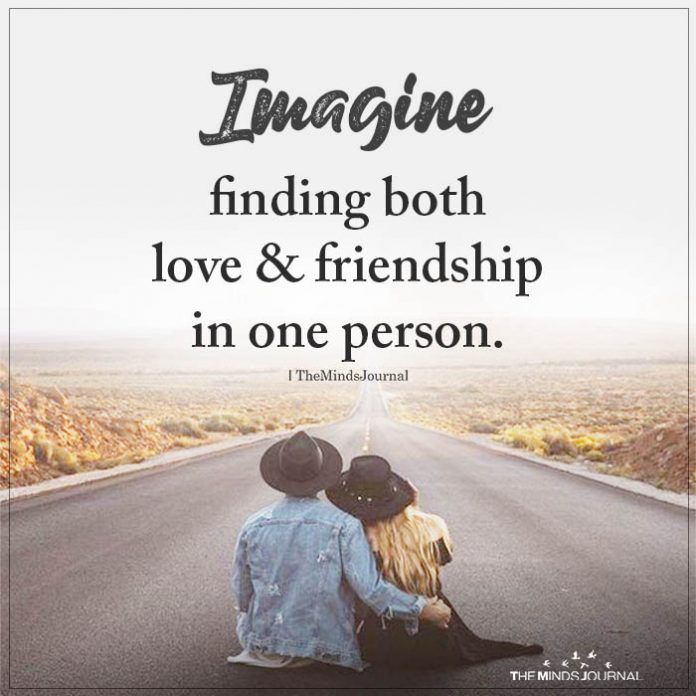
In this concept, surrender is not about losing or giving in or up, as our ego would see it. This type of surrender is to gain or benefit much more than we would lose or need to give up.
Its intent is to compliment the self in relationship, to enhance the self through the relationship.
Commitment can be difficult for some because it can take you out of your comfort zone.
The following list can be reasons why a person can be fearful, avoiding and struggling with commitment.
1. You perceive and believe the personal “self” will be threatened or intimidated because of the commitment.
2. If one perceives and believes that making a commitment is risky, and believes the sacrifice will result in losing more than will be gained.
3. A perception and belief of loss of personal and/or professional freedom.
4. If you need certainty, a commitment can seem like stepping into the unknown, creating uncertainty and a feeling of loss of control.
5. Feeling of vulnerability, that your partner will discover your flaws and weakness and not see you as good enough.
6. A damaging experience from a past relationship. Where either you or your partner was traumatized, taken advantage of, rejected, betrayed, or humiliated.
4. Communication
There are times in a relationship when one intentionally or not, said or did something and it impacted the other in a negative or hurtful way.
We can get triggered by this and go emotionally unconscious, so we get reactive, defensive, or passive (shutdown). In this, communication will get confusing, distorted, and misunderstood.
A big part of effective communication is to stay aware, to respond, not react, and to seek to understand the other. We often want to be heard more than to listen.
The biggest communication problem is that we don’t listen to understand. We listen to reply. If we focus more on our reply, we’re not focused and listening to the other person so we won’t really understand them.
“We can improve our relationships with others by leaps and bounds if we become encouragers instead of critics.” — Joyce Meyer
We are more focused on them needing to understand us.
Related: 14 Personality Traits of People With A Secure Attachment Style
The most important part of communication is listening and seeking to understand, asking questions for clarification, and increased understanding. When you feel listened to and understood, you feel validated and valued. True?
Good communication enhances understanding, trust, and connection. It also leads to more effective problem-solving when conflict arises.
Be as clear as you can in your expression of needs and intentions. Speak in terms of “I”, not so much “you”.
Another cause of poor communication is assuming or mind reading. This only leads to misunderstanding, confusion, mistrust, and conflict.
Good communication strikes a healthy balance with the goal or intention and the relationship.
If you or your partner are too focused on the goal, you will likely be more aggressive and demanding in the communication process.
If you are too concerned with the relationship (i.e. don’t want to hurt their feelings or cause conflict), you will likely be more passive and/or passive-aggressive in your expression and actions of your needs.
Neither the aggressive or passive communication style is healthy or productive. The aggressive communication approach is you win-partner loses, and the passive approach is you lose-partner wins.
Thus, cooperation and consensus in a relationship become an ongoing challenge.
5. Consensus
This is about cooperation, seeking a win-win and is the result of a conscious and unconditional healthy relationship.
Consensus keeps in mind and balances the importance of both the goal/end in mind and the relationship. It allows for mutual opinions and ways of being. There is dialogue, negotiation, and compromise.
“Love unlocks doors and opens windows that weren’t even there before.” – Mignon McLaughlin
A consensus is a struggle to achieve if the need for power-over and need to be right is dominant. Self and shared responsibility and accountability are the keys to creating consensus.
Consensus requires effective and respectful communication skills, flexibility, and openness to understand the other’s point of view while expressing your own view.
It requires the ability and willingness to find the common ground. Honoring the differences and working with your similarities, builds consensus.
In closing, now that you know how to have a healthy relationship, it’s important to pay on-going attention and focus to these 5 C’s.
Relationships like life, change, and situations happen that can impact any of these C’s in unproductive ways. So being aware of how life situations can impact these 5 C’s of a relationship is vital and an act of love, caring, and concern for the relationship, and the two of you in it.
Written by David Schroeder Originally Published on YourTango
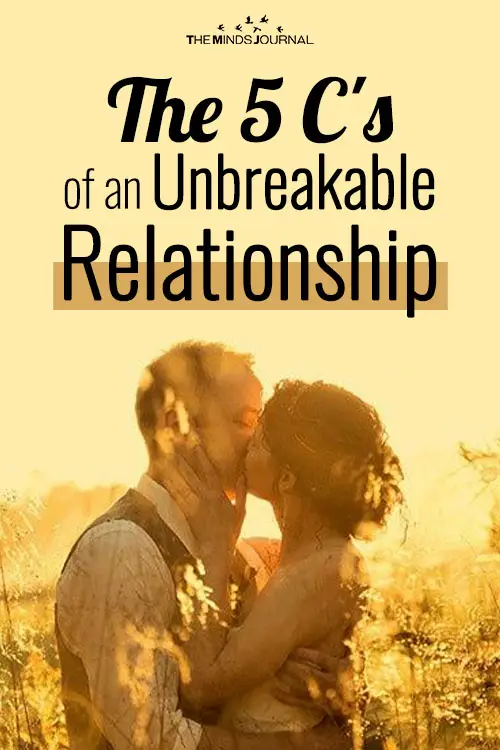
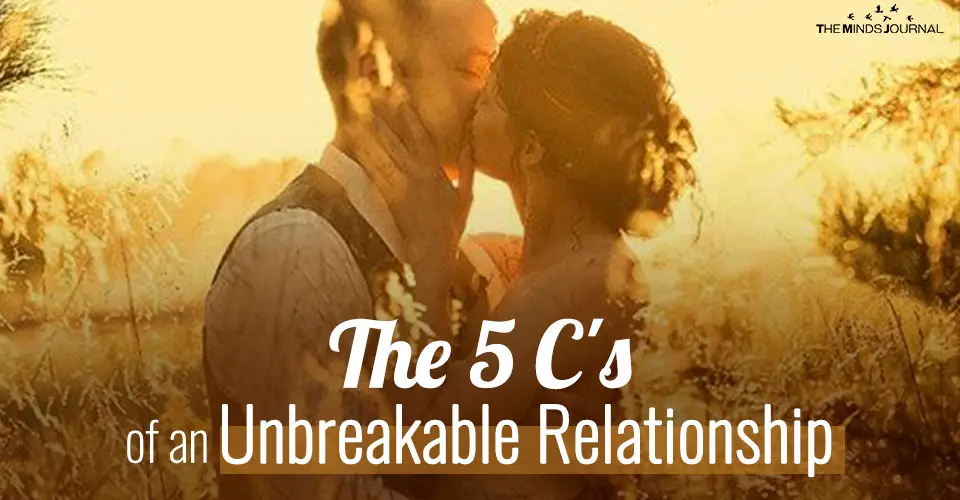
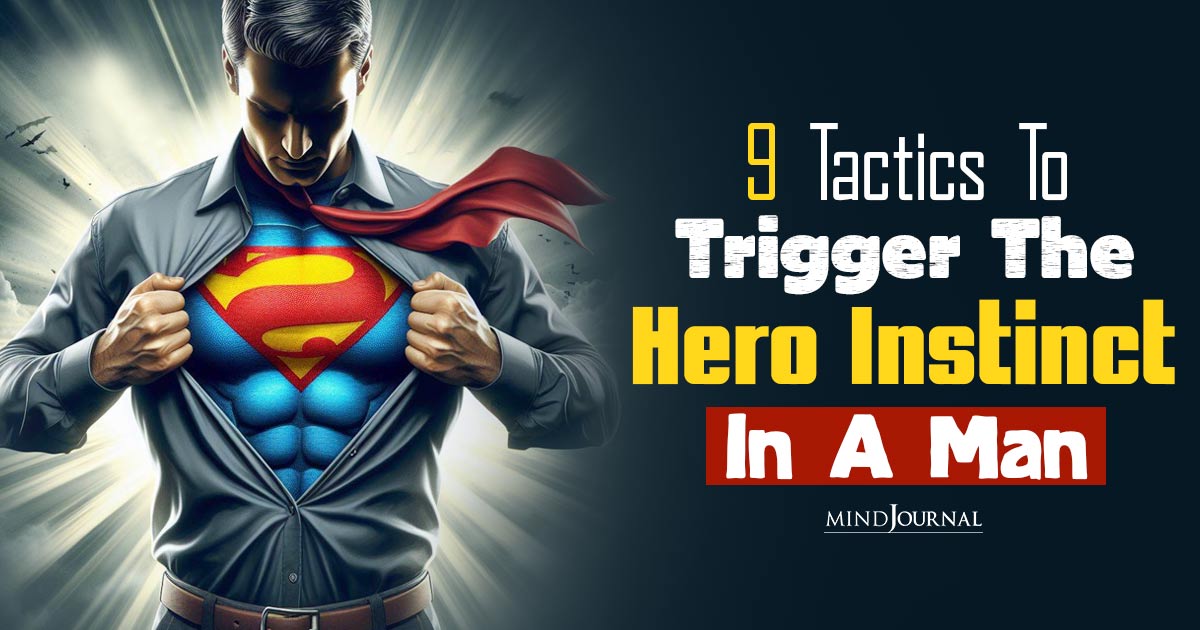

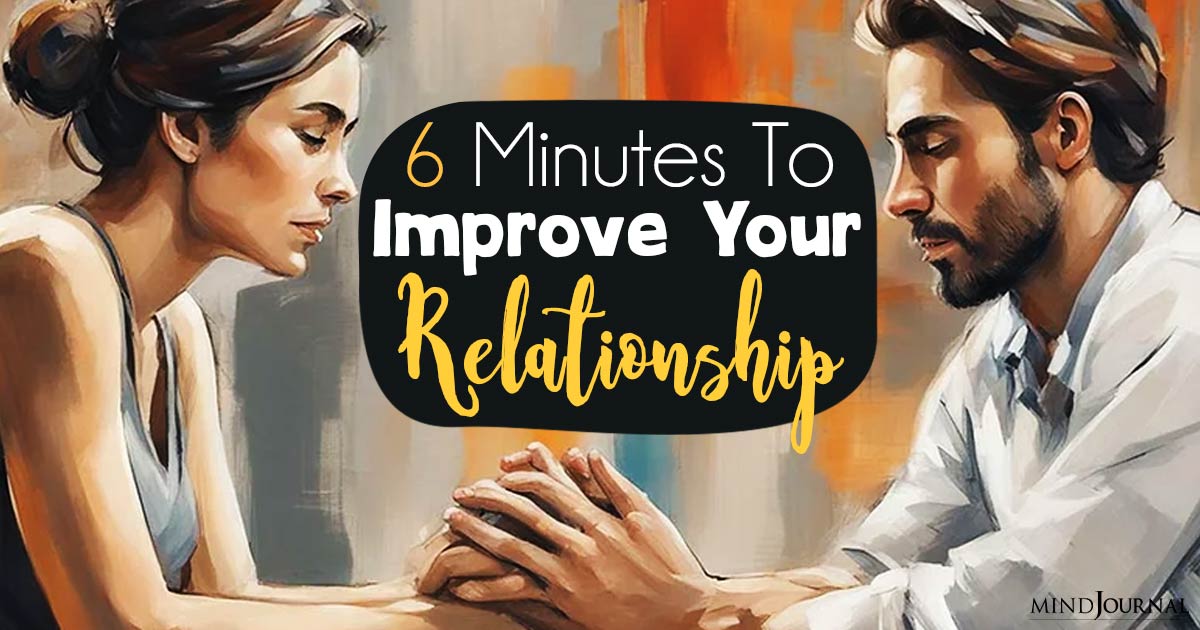
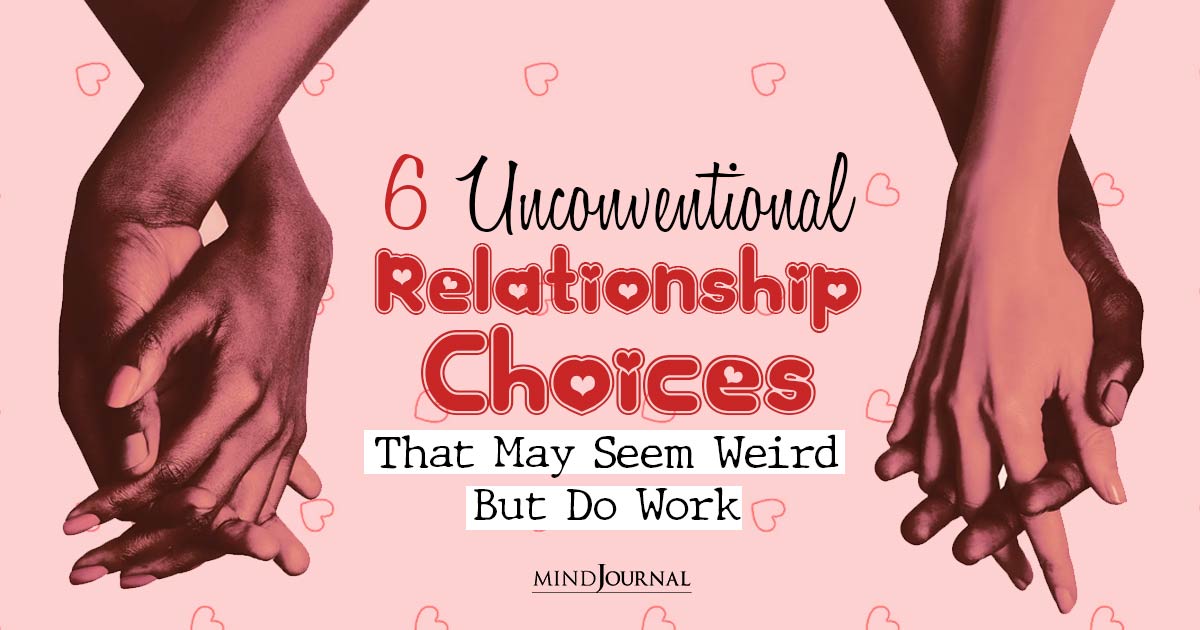
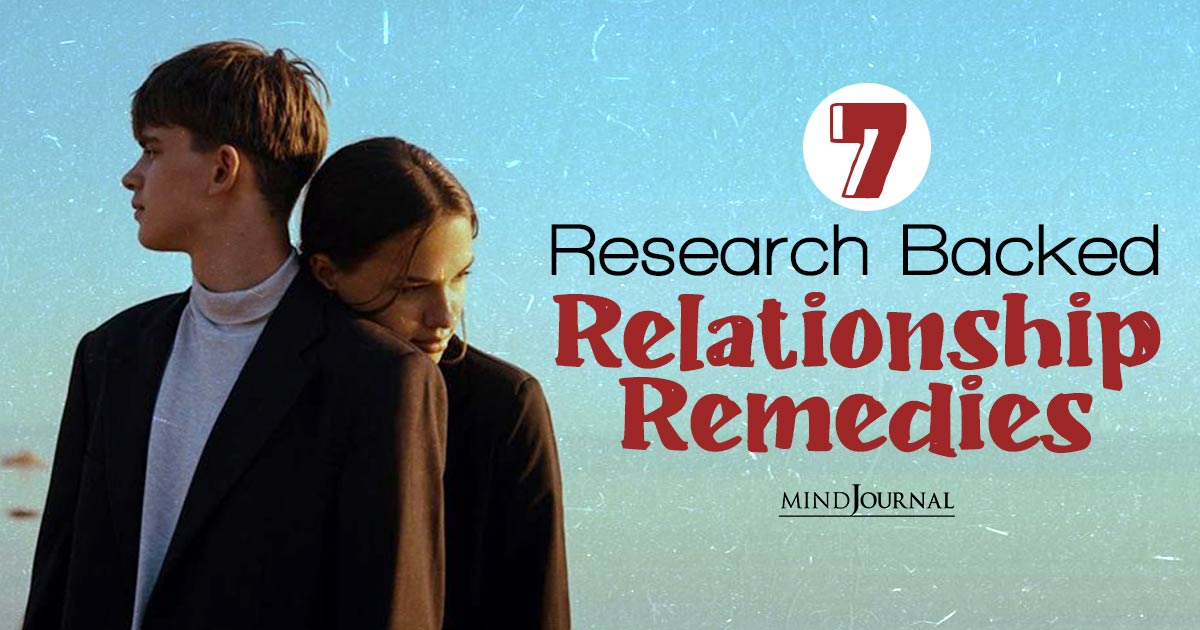


Leave a Reply
You must be logged in to post a comment.